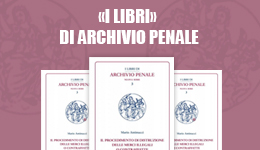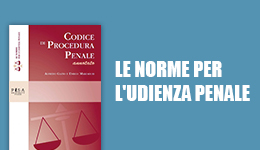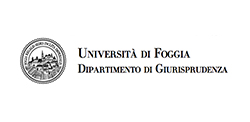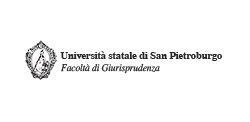La confisca urbanistica alla ricerca di un difficile equilibrio tra le esigenze dell’efficienza e i principi della materia penale
Archivio Penale
© dell'autore 2020
Ricevuto: 09 September 2020
| Accettato: 18 September 2020
| Pubblicato: 23 September 2020
L’intero articolo è disponibile
Riassunto
Dopo il lungo dialogo tra la Corte E.D.U. e la Corte Costituzionale che ha sancito la possibilità di applicare la confisca urbanistica (art. 44, c. 2, t.u.ed.) anche in caso di prescrizione, le Sezioni Unite (n. 1359/2020), da una parte, ritengono applicabile l’art. 578 bis c.p.p. a tale forma di confisca con una discutibile applicazione analogica fondata su un’interpretazione della stessa norma in palese violazione del principio di legalità; dall’altra, in maniera assolutamente apprezzabile e garantista pongono un freno alla pronuncia di tale forma di confisca in seguito a prescrizione, in quanto pretendono una condanna in primo grado riaffermando la valenza, rispondente a principi di ordine costituzionale, dell'obbligo di immediata declaratoria della causa di estinzione del reato posto dall'art. 129 c.p.p., comma 1. Ma la questione sottesa alla rimessione alle Sezioni Unite, alla recente giurisprudenza della Suprema Corte, nonché a un giudizio di legittimità costituzionale, attiene soprattutto alla compatibilità di tale sanzione punitiva, obbligatoria e non graduabile, con il principio di proporzionalità, al metro dei parametri delineati dalla Grande Camera della Corte E.D.U. nella sentenza G.I.E.M.
Confiscation for unlawful site development seeks a difficult balance between the efficiency and the principles of criminal matters.
After the long dialogue between the European Court of Human Rights (ECtHR) and the (Italian) Constitutional Court, which has upheld the imposition of confiscation for unlawful site development (art.44, § 2 of the Construction Code), even when the offence is statute-barred, the Supreme Court (United Sections) (judgment n. 1359/2020), on the one hand, applies art. 578 bis procedural criminal code (c.p.p.) to this form of confiscation with a questionable analogical interpretation of this rule in violation of the principle of legality; on the other hand, the Supreme Court, in an absolutely appreciable and guarantees-oriented way, limits the pronouncement of this form of confiscation after statutory limitation period, as it demands a previous conviction. The Supreme Court strongly stresses the prominence of the obligation to immediately declare the statutory limitation of the offence, as an extinction cause set forth in art. 129 c.p.p., in accordance with the most relevant constitutional principles. However, the question underlying the referral to the United Sections, but also the recent jurisprudence of the Supreme Court, as well as a judgment of Constitutional Court, concerning its constitutional legitimacy, mainly deal with the compatibility of this punitive sanction, which is mandatory and not commensurable, with the principle of proportionality, according to the parameters outlined by the ECtHR Grand Chamber in the G.I.E.M. case.
Percorso di valutazione
Peer reviewed. Certificazione della qualità











